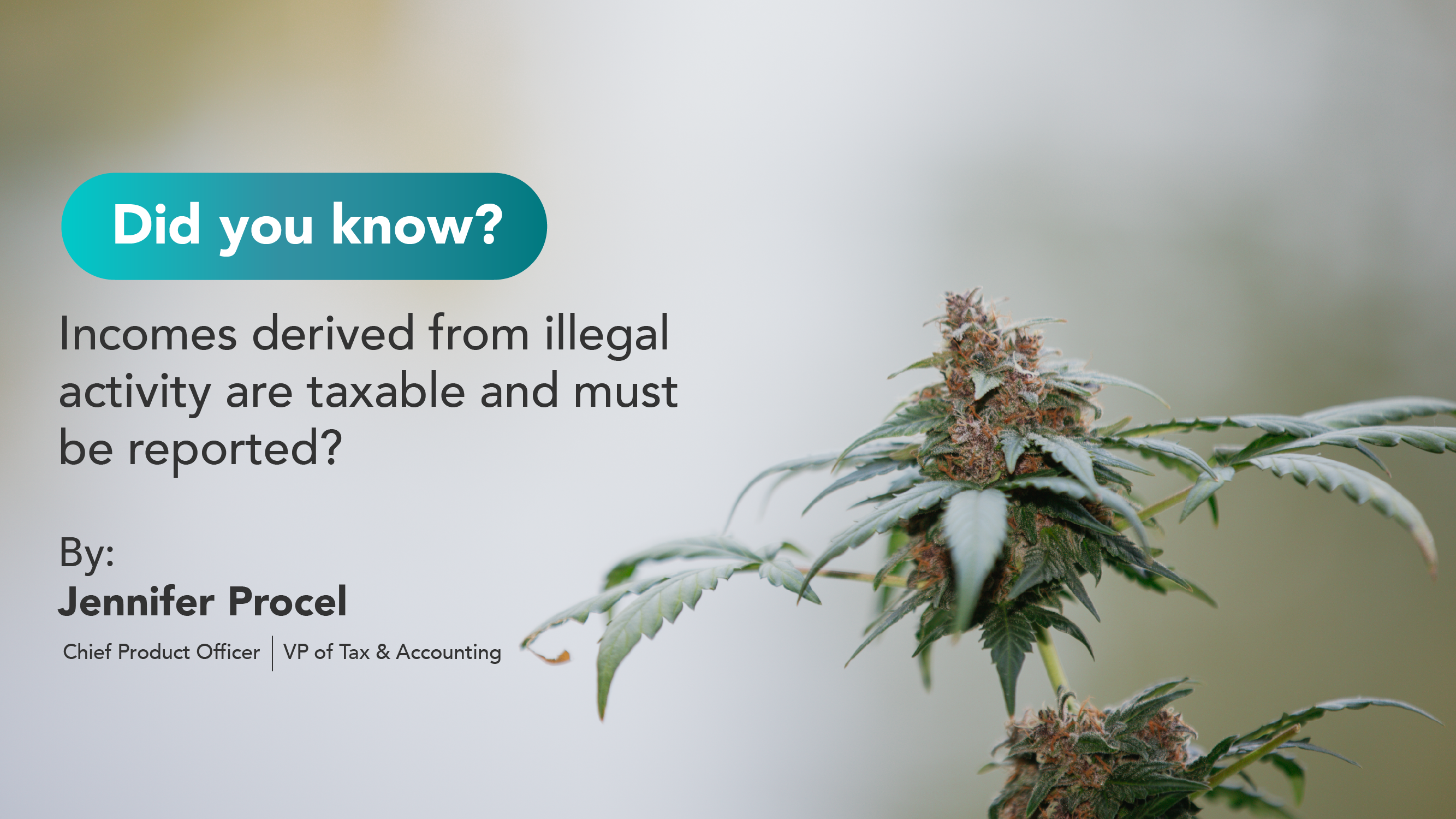Yes, Your Crypto Is Taxable
2021 was a big year for crypto, with many new investors buying in for the first time. More than half of current Bitcoin investors began investing in the last 12 months, according to recent studies. The digital asset market sailed past $2 trillion, with bitcoin peaking at nearly $69,000 in November and Ethereum growing to almost $5,000 during the same period. While values dropped in December, many investors still had sizable gains. So, If you’ve owned or used cryptocurrency you may owe taxes, no matter how you acquired or used it.
The IRS has made it clear they are watching with a yes or no question about “virtual currency” near the top of the first page of your tax return. For most people who buy and trade crypto within online exchanges, accounting for it in your tax return is relatively easy. But like most things related to digital currency, things can get a lot more complicated the more active you are. With cryptocurrencies such as Bitcoin, Ether, or Binance, you can run afoul with the IRS in a few surprising ways, so it pays to learn the rules.
When to Report Cryptocurrency Trades on Your Tax Return
Cryptocurrency may be subject to capital gains when exchanged or sold at a profit. Swapping digital coins, cashing out for U.S. dollars, or even making a purchase may be taxable events. The gain or loss is the difference between your purchase price, known as “basis”, and the value when selling or exchanging, and your tax rates depend on the length of ownership.
- Purchasing Crypto With Dollars
Simply buying virtual currency with U.S. dollars and keeping it within the exchange where you made the purchase or transferring it to your personal wallet does not mean you’ll owe taxes on it at the end of the year.
If your only crypto-related activity this year was purchasing a virtual currency with U.S. dollars, you don’t have to report that to the IRS, based on guidance listed on your Form 1040 tax return.
- Trading Cryptocurrency
Things start becoming taxable when you use crypto as a method of exchange. This includes selling your crypto for U.S. dollars, exchanging one cryptocurrency for another (buying Ethereum with Bitcoin, for example), or paying for goods and services with crypto.
Taxable Crypto Event
Whenever you sell the investment or exchange the investment for another investment, that is when a Taxable Cryptocurrency Event happens. Here are some examples of these events:

The big picture? Digital assets that you buy, sell, mine, or use to pay for things can be taxable. Also, if your employer or client pays you in crypto, that payment is taxable income. You report your transactions in U.S. dollars, which generally means converting the value of your cryptocurrency to dollars when you buy, sell, mine, or use it.
Capital Gains Tax Rates
Because the IRS considers virtual currencies property, their taxable value is based on capital gains or losses, basically, how much value your holdings gained or lost in a given period.
The difference between the amount you spent when you bought or received the crypto (its cost basis) and the amount you earn for its sale is the capital gain or capital loss — what you’ll report on your tax return. Broadly speaking, if you bought $100 worth of Bitcoin and sold it for $500, you’d see a capital gain of $400. If your Bitcoin lost value in that time, you’d instead face a capital loss. If your losses exceed your gains, you can deduct up to $3,000 from your taxable income (for individual filers).
The amount of time you owned the crypto plays a part, too. If you held onto a unit of Bitcoin for more than a year, it would generally qualify as a long-term capital gain, subject to the more favorable capital gains tax rates. However, if you bought and sold it within a year, it is taxed as a short-term gain, which is the same as your ordinary income tax rate and could be as high as 37%. The tax rate also varies based on your overall taxable income, and there are limits to how much you may deduct in capital losses if your crypto asset loses value.



Reporting Crypto Income
Some people receive virtual currency as payment for services. This might mean receiving crypto as income instead of cash, earning Bitcoin by mining new coins or receiving coins or tokens as a reward for certain activities (Coinbase’s Earn rewards program, for example). Regardless of how it’s earned, you’ll need to record the value of the crypto in U.S. dollars when it’s received and report that income on your tax return. Crypto received as payments is considered “ordinary income” and will be taxed at your ordinary income tax rate.
That fair market value you capture sticks to that coin as the cost basis, which is every taxpayer’s responsibility to track. So if you go and buy something with crypto you’ve earned, you’ll need to reconcile its cost basis with its value when you use it for goods or services.
Mistakes to avoid during this Tax Season
If you don’t report taxable crypto activity or provide incorrect information about your investments and face an IRS audit, you may incur interest, penalties, or even criminal charges since it may be considered tax evasion or fraud.
Not using the right Tax partner is probably the most common mistake. Not many CPAs are experienced in dealing with crypto trading, much less their tax reporting obligations. The best thing you can do to simplify your crypto-related 2021 tax filing is to look for a great Tax Solutions partner with tracked experience in Crypto. Our IOOGO Crypto Tax Experts are ready to help you!





